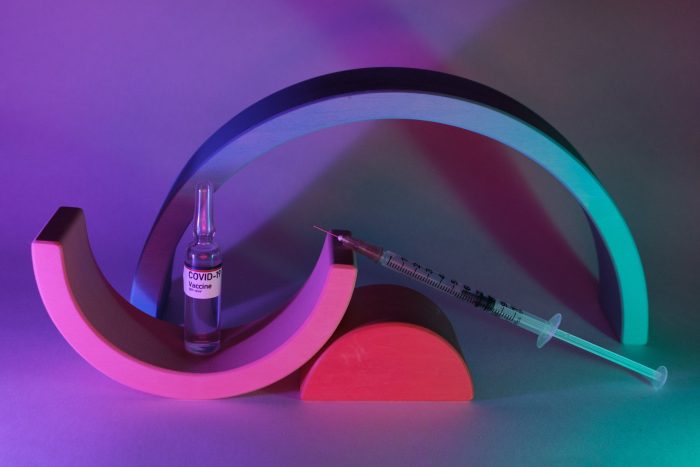CDC Guidance for Booster Vaccine Shots
Message from Office of Developmental Programs (ODP):
Good Morning ODP Stakeholder:
On Friday, September 24, 2021, the Centers for Disease Control and Prevention (CDC) issued the recommendation for Comirnaty Pfizer-BioNTech booster doses for the following populations, at least six months following the second dose of their Pfizer primary series:
- People 65 years and older and residents in long-term care settings aged 18 and above should receive a booster of the Pfizer-BioNTech Vx;
- People aged 50–64 years with underlying medical conditions should receive a booster of the Pfizer-BioNTech Vx;
- People aged 18–49 years with underlying medical conditions may receive a booster of the Pfizer-BioNTech Vx, based on their individual benefits and risks. The underlying medical conditions identified by the CDC include:
- Cancer
- Chronic kidney disease
- Chronic lung diseases, including COPD (chronic obstructive pulmonary disease), asthma (moderate-to-severe), interstitial lung disease, cystic fibrosis, and pulmonary hypertension
- Dementia or other neurological conditions
- Diabetes (type 1 or type 2)
- Down syndrome
- Heart conditions (such as heart failure, coronary artery disease, cardiomyopathies or hypertension)
- HIV infection
- Immunocompromised state (weakened immune system)
- Liver disease
- Overweight and obesity
- Pregnancy
- Sickle cell disease or thalassemia
- Smoking, current or former
- Solid organ or blood stem cell transplant
- Stroke or cerebrovascular disease, which affects blood flow to the brain
- Substance use disorders; and
- People aged 18-64 years who are at increased risk for COVID-19 exposure and transmission because of occupational or institutional setting may receive a booster shot of the Pfizer-BioNTech Vx, based on their individual benefits and risks. This includes all residents of ICFs and licensed community homes, all direct service professionals, provider staff and supports coordinators.
Following this recommendation, eligible individuals should be able to begin scheduling appointments and receiving booster doses today.
The flowchart developed by the PA Department of Health titled, “Are you eligible for an additional COVID-19 dose or booster?” will assist in determining those who are currently eligible to receive a vaccine booster. Your healthcare practitioner can also assist in the determination should you have additional questions.
Preparedness checklist for long-term care facilities:
- Evaluate the needs of your population.If your residents received the Comirnaty Pfizer-BioNTech vaccine, they are likely eligible for their booster dose beginning 6 months after their second dose.
- Consider eligible healthcare staffas potential recipients of booster doses (or a primary series if not yet vaccinated) as well.
- Work with local pharmacies and providersto hold Pfizer booster clinics administer doses in your facility if possible. Any long-term or congregate care facility that does not have a provider/pharmacy partner to supply and/or administer COVID-19 vaccines should respond to this survey as soon as possible.
The dosage and medicine of the Comirnaty Pfizer BioNTech vaccine are the same in the primary doses, the additional doses for people with compromised immune systems, and the booster doses for people over age 65 and at high risk for COVID-19.
Please await further public health guidance regarding booster doses for individuals who received the Moderna or Janssen (ie. Johnson & Johnson) vaccines for their primary series. The publicly available evidence for booster doses of the Moderna and Janssen vaccines to date is encouraging, and the Department of Health awaits the FDA and CDC’s decisions.
Thank you for all you have done and will continue to do to protect Pennsylvanians from COVID-19.









